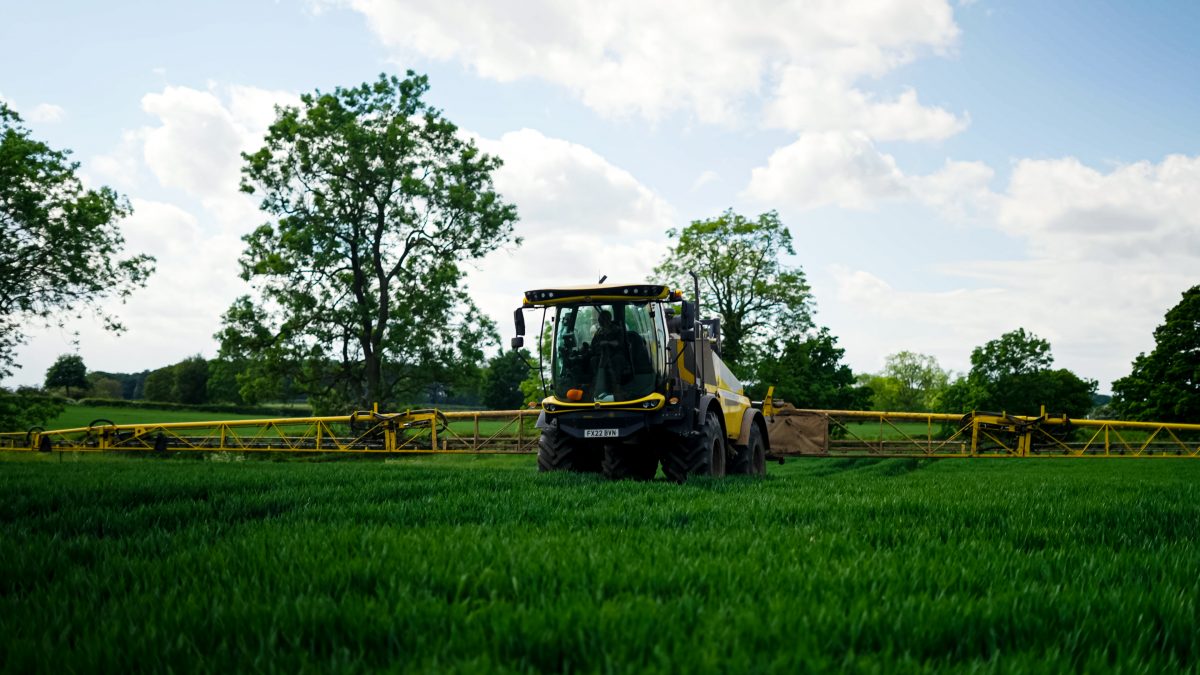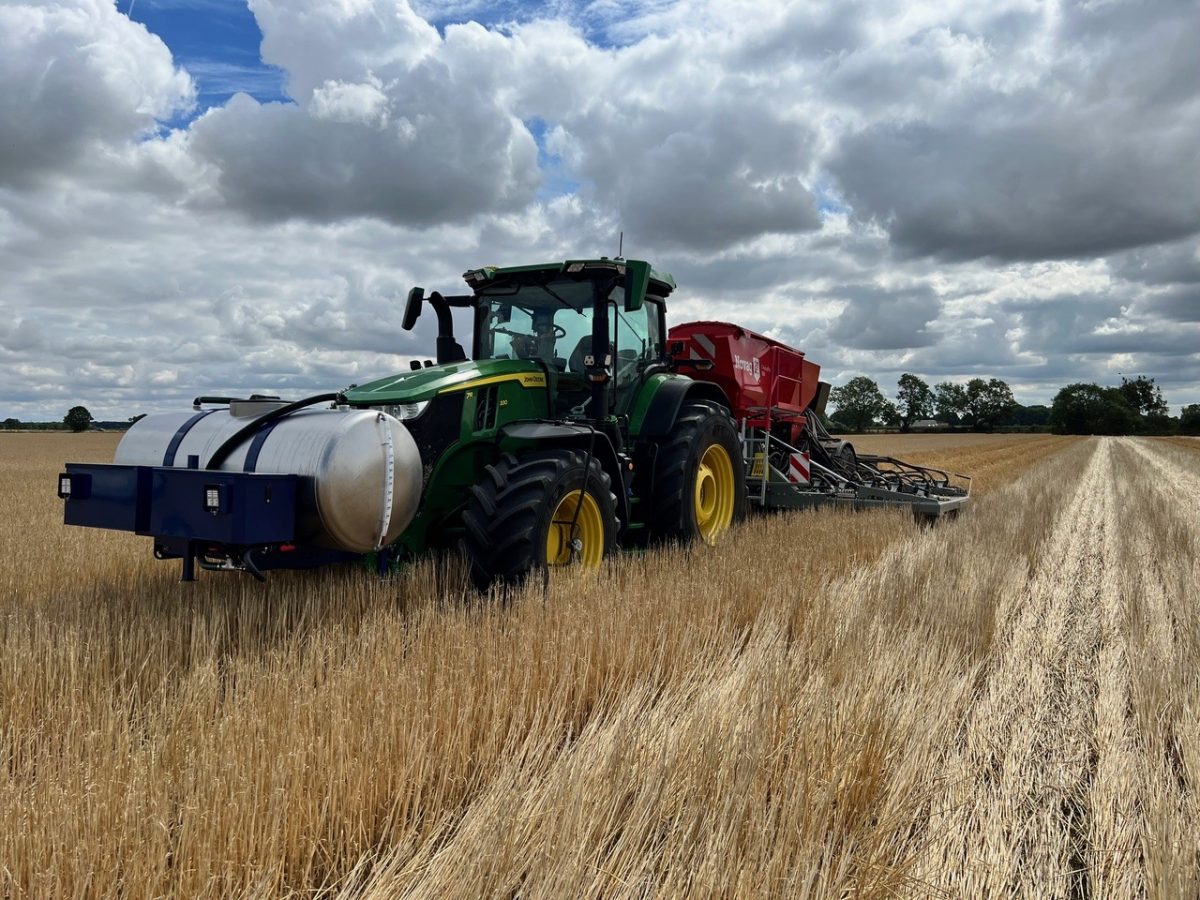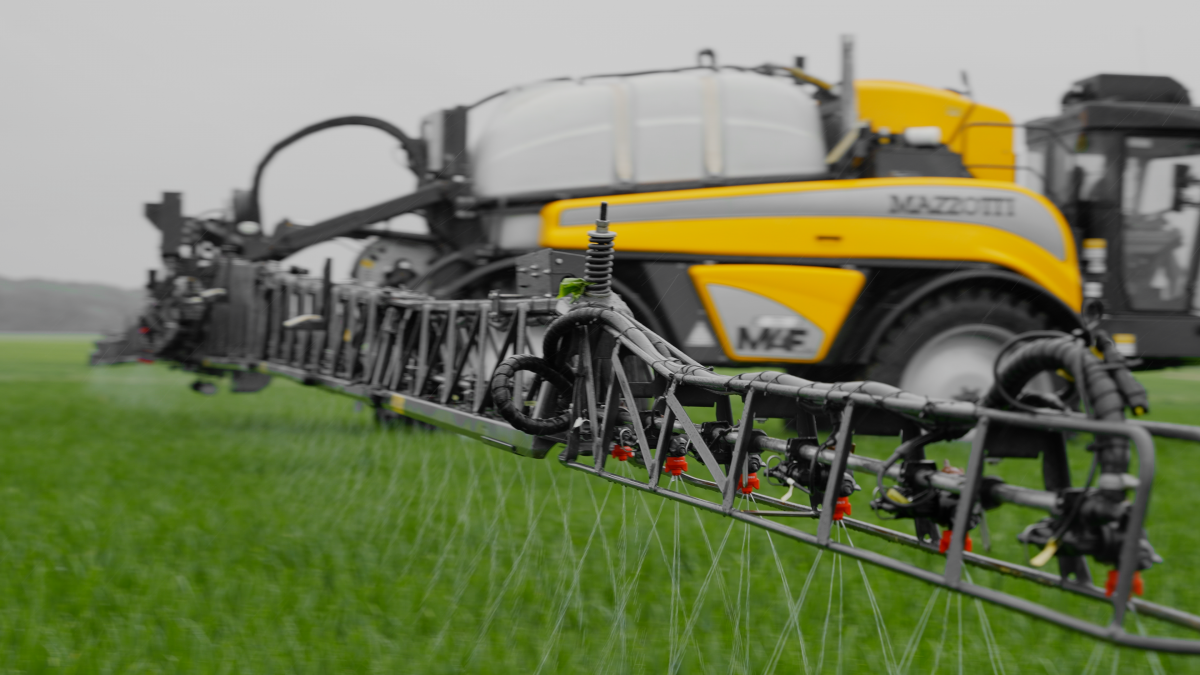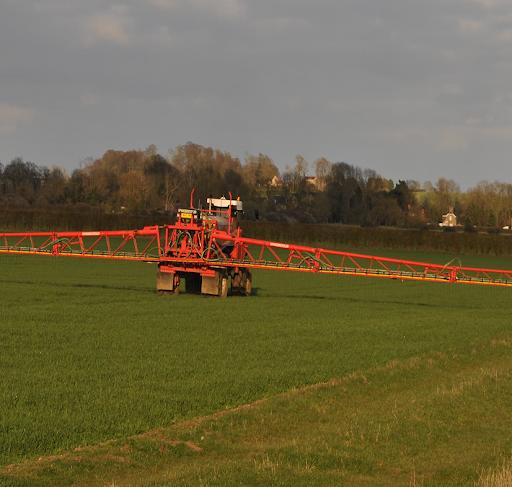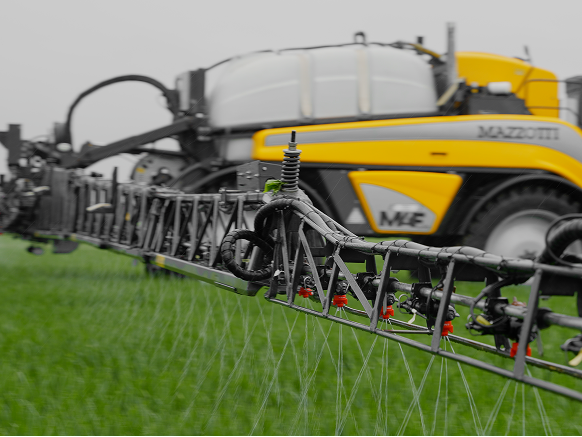Increasingly unpredictable weather patterns are affecting the productivity of UK farmers still using granular fertiliser. With the summer still ahead of us and the likelihood, based on recent years, of potential heatwaves, crops are likely to be less responsive to solid fertilisers in the face of poor irrigation.
Liquid fertiliser offers numerous advantages over its solid counterparts, making it a superior choice for many UK farmers and a realistic alternative thanks to an optimised factory-to-field transitory system. Read our four top reasons as to how liquid fertiliser delivers improved productivity, efficiency and, ultimately, profitability.
1. Enhanced Nutrient Absorption
Liquid fertilisers provide nutrients in a form that is more readily available to plants.
This immediate availability facilitates faster and more efficient nutrient uptake, leading to healthier crops and improved yields. With increased absorption also comes reduced costs, by requiring both less fertiliser to be spread in addition to fuel that’s required to spread it.
Nitrasol’s fertilisers are specially formulated to maximise nutrient absorption, ensuring that plants receive the essential nutrients for optimal growth. Liquid nitrogen fertilisers that are pH-balanced and provide an optimum balance of nitrogen & sulphur nutrients will meet the specific nutritional requirements of different crop types, enhancing plant health and productivity.
2. Precise Application
One of the standout benefits of liquid fertiliser is the ability to apply it more precisely than solid granular fertilisers.
This precision reduces wastage and ensures that the nutrients are delivered exactly where they are needed. Beyond just improved application, however, Nitrasol’s fertilisers provide superior handling and storage thanks to our unique Nitrasol System. The uniform application made possible by liquid fertilisers means that, once again, farmers can benefit from reduced costs alongside enhanced sustainability and productivity.
3. Versatility and Compatibility
Versatility is unmatched in comparison to granular fertiliser alternatives.
Both ground-based sprayers and aerial application potential provide the flexibility farmers are looking for. Your investments in GPS-powered machinery will allow for further application optimisation. A liquid system provides the leverage farmers are looking for in numerous weather conditions too, with all strengths of wind having a negligible effect on application that means not a drop with be wasted in hedges or watercourses.
4. Environmental Sustainability
The shift towards more sustainable agricultural practices is vital for the future of farming. With the UK government’s pledge for net zero by 2050, transitioning to liquid fertiliser will play a significant role to meet this ambition. But precise application and reducing nutrient runoff is just the start.
Our formulations are the UK’s most concentrated liquid fertilisers, formulated with ammonium thiosulphate to naturally slow nitrogen release. This concentrated grading allows for sprayers to cover more ground per round. In particular, our AdvaNShield range reduces the risk of gaseous emissions through reduced ammonia volatilisation, protecting both air and groundwater.
Making Your Move to Liquid Fertiliser
Farmers rarely decide on their fertiliser on a single factor, instead looking at their options holistically to see which can reduce costs, labour and material resource requirements, whilst bolstering crop growth through a sustainable approach.
Liquid fertiliser satisfies all those demands, giving unprecedented flexibility and potential to UK farmers. With our factory-to-field system making the transition easier than ever before, why not make your move to liquid fertiliser?
Looking to convert to nitrogen fertiliser? See how Nitrasol makes it easy.

